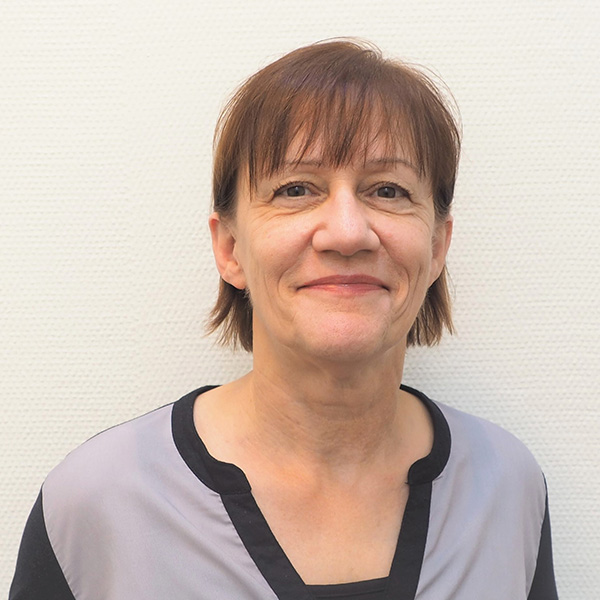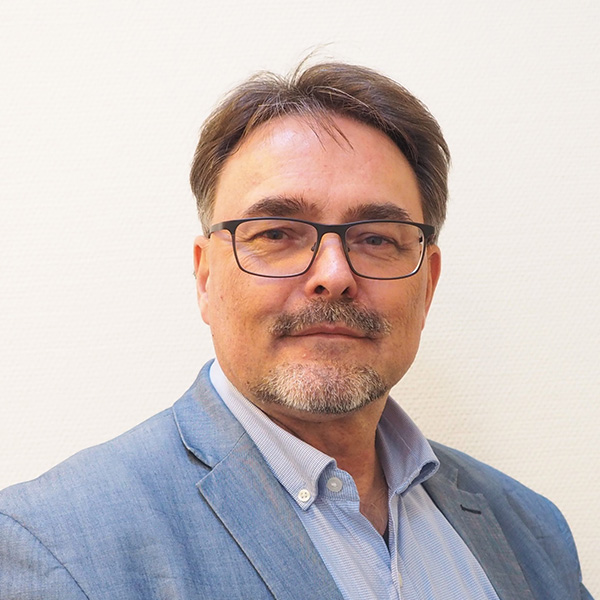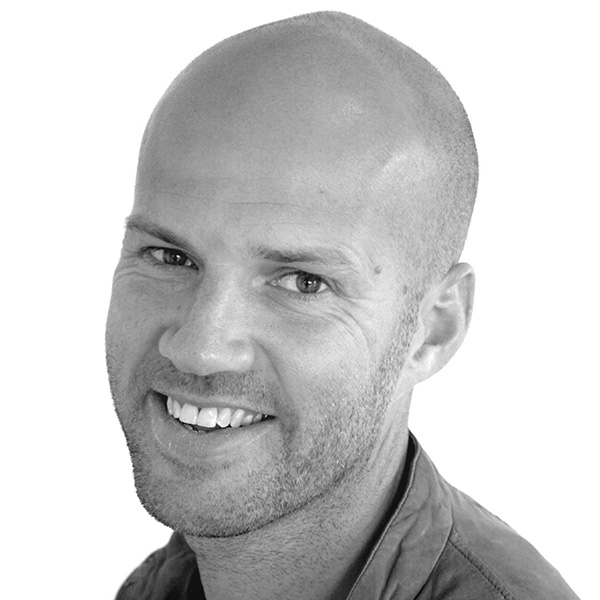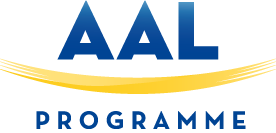Wed 16:00 – 17:30
Wednesday, September 26th
16:00 – 17:30
Workshop 23 - Adoption of the AAL solutions. Why regions do choose these solutions
Theme 1
Nicolai Kobliakov from Senior Group will be presenting the positive experiences of using Fearless (an intelligent fall sensor) which is a commercially-available, AAL-born solution.
The workshop will help participants generate clear guidelines for caregivers on how they can persuade older people to use similar commercially-available products and help them create a clear plan for implementing ICT AAL solutions in big city municipalities.
Nicolai will be joined by Martins Moors, head of social administration in the city of Riga, who will present a short masterclass on the creation of cooperating plans with municipalities, and Rainer Planinc, CEO of Cogvis, who will run a role-play activity.
QUICK-FIRE Q&A with NICOLAI KOBLIAKOV
What makes the format of your session different to others?
This will be an interactive session on equipping a room of older people with MAMA-OK equipment for fall and medication control. We will encourage participants to make a persuasive speech to older people – played by one of us – and to equip them with fall-detectors, pill dispensers and automatic lights for rooms.
This session will use presentations, demonstrations, and brainstorming sessions to get participants thinking about how to persuade municipalities to contribute to the implementation of ICT solutions.
Who should attend and why?
This workshop would be extremely useful and beneficial for municipalities, ICT manufacturers and users/operators.
What are you hoping to achieve and what will those attending take away?
During the session we hope that together we can all understand a clear road map for how to create a three-sided partnership between ICT manufacturers, service providers and the municipality.
Workshop 24 - Adopting AAL programme’s solutions into real life
Theme 1
Workshop coordinator Giorgos Kostopoulos, managing director at Gluk Advice BV, has participated in three AAL projects, is continuously involved in the AAL biotype and comes from the IT healthcare industry, providing participants with a holistic approach between an AAL project’s implementation and the market requirements of real life.
Along with the contribution of Luiza Spiru, president of the Ana ASLAN International Foundation, Mircea Marzan, director of the Ana ASLAN International Foundation, and Aliki Economidou, project coordinator in Cyprus Neuroscience & Technology Institute, the workshop will give participants the opportunity to hear from different points of view, the realistic status during an AAL project’s implementation, hear the problems and pitfalls of a project’s lifecycle, and identify the opportunities that exist for the adoption of AAL solutions into real life.
QUICK-FIRE Q&A with GIORGOS KOSTOPOULOS
What makes the format of your session different to others?
Our session is going to be interactive. At the beginning, a brief introduction will be made to provide background information and explain to the audience the goals and challenges of the session.
The audience will then split into groups and each group will work on a given AAL innovation. Finally, the workshop will conclude with open discussions about the group results to identify ideas that could close the gap between an AAL project’s lifecycle and real-life requirements.
Who should attend and why?
Everyone who is participating in the AAL programme, people from academia, decision makers, sales and marketers, and everyone who may be interested in new challenges. We need a multidisciplinary, multicultural audience in order to cover a wide spectrum of viewpoints.
What are you hoping to achieve and what will those attending take away?
We would like to identify any pitfalls that prevent AAL solutions getting to market, identify potential solutions, create and update practical guidelines for future use and bring together people with a technical background, end-user perspectives and business acumen.
Workshop 25 - 6th Workshop on Mobility Solutions
Theme 3
Mobility is a key ability needed by senior citizens for them to actively participate in social life. Diminished physical and cognitive abilities can cause a loss of confidence and orientation in outdoor situations, so that older people often prefer to stay at home.
Christoph Stahl, senior research associate at Luxemburg Institute of Science and Technology, will be heading this session, applying his expertise from previous AAL projects (LIFANA and ASSAM) on the topic of mobility assistance, considering users with special needs and the special requirements for adequate transportation.
Daniel Bieber, director of the iso Institute in Saarbrücken, Germany and Luis de Matos, chairman and CEO of Follow Inspiration, will help Stahl give practical examples of autonomous mobility platforms, like the wiiGO, in cities and rural areas, to describe the current situation in terms of available products and the need for further AAL development.
QUICK-FIRE Q&A with CHRISTOPH STAHL
What makes the format of your session different to others?
We will start the workshop with a brief presentation to give some examples of mobility solutions for transport in smart cities, from public transport to indoor navigation and autonomous robotic platforms. We will then have a panel discussion with prepared questions, or let the audience discuss the questions and provide their input in three groups. We will collect answers on post-it notes and cluster them on a whiteboard.
Who should attend and why?
Anyone interested in improving mobility for seniors and people with cognitive and/or physical impairments.
What will those attending take away?
We aim to outline how a modern ecosystem of mobility solutions in smart cities could look like, and which components (products, services) need to be adapted or improved for senior citizens.
Workshop 26 - Is it possible to automatize feedback from technology, A case study from Aarhuss
Theme 1
There is a wide selection of technologies for people with outreaching dementia and other troubled people. Aarhus Municipality has tested different technologies, driven by data, that is highly evidence based.
The focus of this session, coordinated by Sonja Hansen, European project officer at the Centre for Assisted Living Technology, is to present the work of Aarhus regarding collecting data, analysing and processing data in an overview, and the specific results of the project.
To assist Hansen will be Ivan Lauridsen who is the head of Centre for Assisted Living Technology in Aarhus, and Søren Pallesen a bio-medical engineer. Together they hope to inform the audience about: ethical and legal dilemmas of data collection; measuring humans and technology; how they collected data; challenges with presenting and analysing data; communicating results to carers; results from the implementation.
QUICK-FIRE Q&A with SONJA HANSEN
What makes the format of your session different to others?
Aside from presentations, there will be breakout sessions providing opportunities for interaction. These sessions will be based on various questions arising from the experience of the project.
Who should attend and why?
We hope a broad range of stakeholders will attend such as researchers, companies, the health sector (public and private) and local, regional and national authorities.
What are you hoping to achieve and what will those attending take away?
We hope to receive feedback on our work, get inspired by input from the audience and get asked questions or suggested new solutions for our future work on assisted living technology. We not only hope to hear other people’s experiences in the field but also potentially make new collaboration partners and networks for future projects or knowledge sharing in this field.

Sonja Hansen

Ivan Lauridsen

Søren Pallesen
